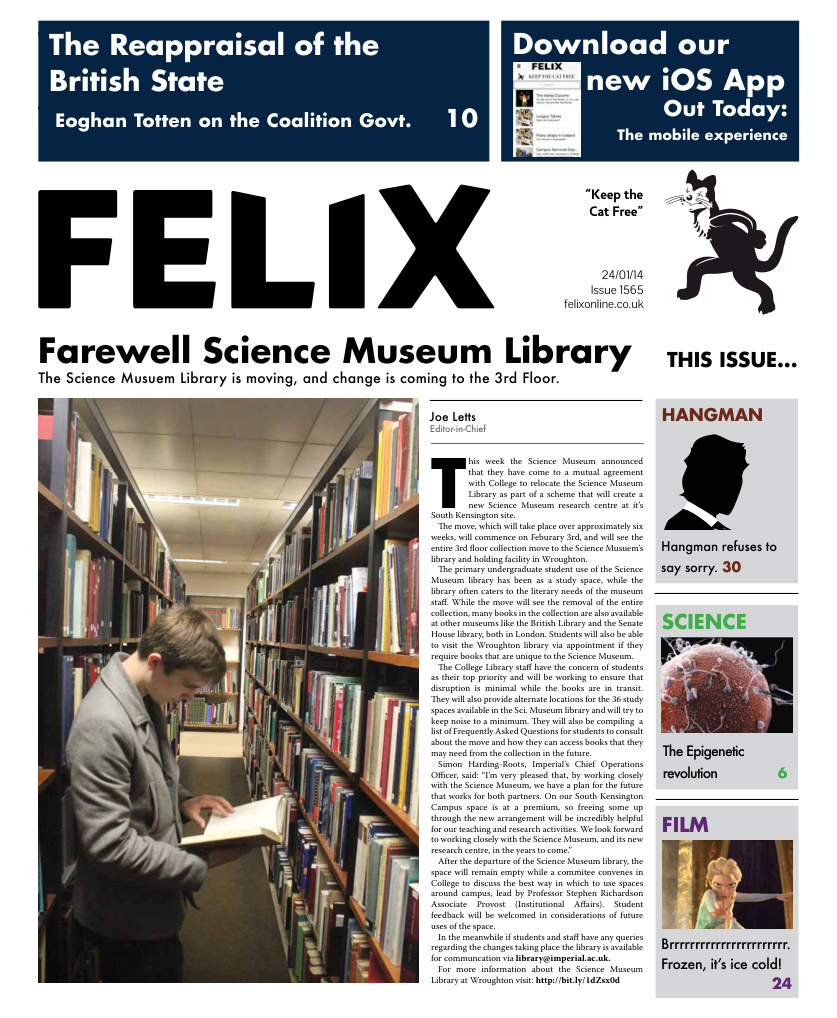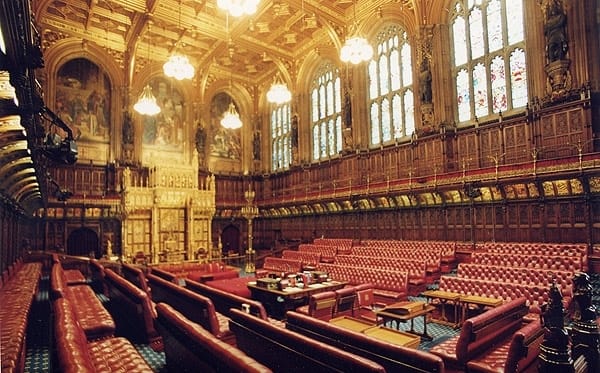US Energy Secretary visits Imperial
Imperial College was visited last week by US Energy Secretary Ernest Moniz. In a talk on Friday, January 17, at the Grantham Institute for Climate Change Dr Moniz outlined the US government’s current energy policy and its plans for achieving a low carbon future.
Imperial College was visited last week by US Energy Secretary Ernest Moniz. In a talk on Friday, January 17, at the Grantham Institute for Climate Change Dr Moniz outlined the US government’s current energy policy and its plans for achieving a low carbon future.
He was keen to stress that his Department understood very well that we live in a “carbon constrained world”, and that lowering emissions was a major priority. His talk focused on his belief that governments must use all the tools at their disposal to help us achieve a low-carbon world, saying that “we need to prepare the way for multiple solutions and that is why we are walking the talk in making substantial investment across the spectrum of energy sources”. He explained the Obama administration’s new $33 billion loan scheme for new green technologies and emphasised the need for a wide range of ideas in the fight against climate change, saying that “there is no one low-carbon solution, but many low-carbon solutions”. He also spoke of the problems involved with dealing with the already existing consequences of climate change.
Dr Moniz has a highly respected scientific background – having attained a PhD in from Stanford University and held the position of Head of the Department of Physics at the Massachusetts Institute of Technology. While he was only appointed to his current position last May he had previously served as Associate Director of the Office of Science and Technology Policy and as President Clinton’s Under Secretary of Energy.
In a statement given after the speech the Director of the Gratham Institute, Professor Brian Hoskins, said: “We are really pleased that Secretary Moritz chose to come to the Grantham Institute to give a lecture on US energy policy. His message of progress on all fronts gives hope that US technology and enterprise may give a powerful lead in the effort to limit global warming.”
The Institute was formed in 2007 as a result of a £12 million donation from the Grantham Foundation for the Protection of the Environment. It brings together scientists from all over Imperial to carry out research in the field of climate science. It also aims to provide policy guidance to governments and international organisations, as well as stimulating general discussion on the topic through events such as Dr Moritz’s talk. The Institute has been praised by Grantham Foundation patrons Jeremy and Hannelore Grantham, with the pair saying that it and similar groups “are vitally important to understand and respond to the scale, pace and potential implications of climate change”.






